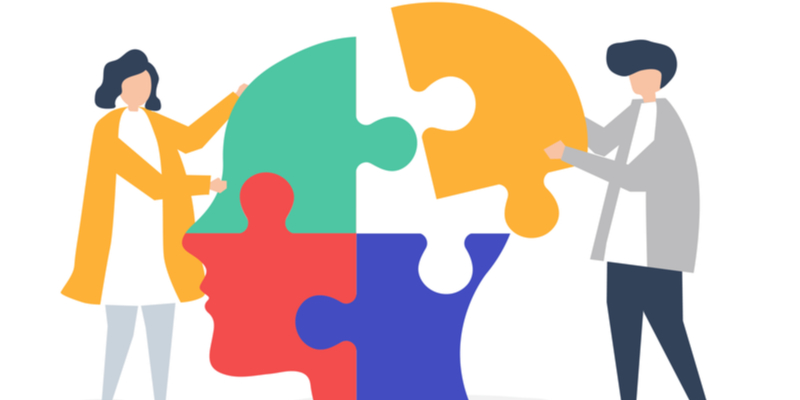
31 Jul 2021
Mental Health
Mental Health
What is mental health?
Mental health is defined by the World Health Organization as a state of wellbeing in which every individual realises his or her own potential, can cope with the normal stresses of life, can work productively and fruitfully and is able to make a contribution to their community.
When most people hear the words ‘mental health’ they immediately think of conditions such as depression, anxiety, bipolar disorder or schizophrenia. In fact, these are mental health conditions (aka mental disorders or mental illnesses).
What is mental illness?
A mental illness is a health problem that significantly affects how a person feels, thinks, behaves, and interacts with other people. It is diagnosed according to standardised criteria. The term mental disorder is also used to refer to these health problems.
Sometimes our mental health comes under strain from life events – a relationship break-up, difficult work situation or family problems. All of us have varying thresholds for how much we can cope with before our mental health suffers.
What are benefits of good mental health?
Research consistently shows that a higher level of mental wellbeing leads to increased learning, creativity and productivity, more pro-social behaviour, positive relationships, and improved physical health and life expectancy. High levels of mental wellbeing are also associated with lower rates of mental health conditions, so the former will in theory help prevent the latter.
But it’s important to remember that mental health is complex. The fact that someone is not experiencing a mental health condition doesn’t necessarily mean their mental health is thriving. Likewise, it’s possible to be diagnosed with a mental health condition while feeling well in many aspects of life.
Ultimately, mental health is about being cognitively, emotionally and socially healthy – the way we think, feel and develop relationships – and not merely the absence of a mental health condition.
However, almost half of all Australians aged 16 to 85 years — 7.3 million people — will experience mental illness at some point in their life. The most common conditions are:
- anxiety
- affective disorders, especially depression
- substance use disorders, especially alcohol use
One quarter of Australians aged 16 to 85 years — 4.2 million people — will experience an anxiety condition during their lifetime. Women are more likely than men to experience depression and anxiety.
These conditions can be serious but help is available.
Where to get help?
If you need help, talking to your doctor is a good place to start. If you’d like to find out more or talk to someone else, here are some organisations that can help:
- SANE Australia (people living with a mental illness) — call 1800 187 263.
- beyondblue (anyone feeling depressed or anxious) — call 1300 22 4636 or chat online.
- Black Dog Institute (people affected by mood disorders) — online help.
- Lifeline (anyone having a personal crisis) — call 13 11 14 or chat online.
- Suicide Call Back Service (anyone thinking about suicide) — call 1300 659 467.
Please read below links to get more information:
https://www.beyondblue.org.au/the-facts/what-is-mental-health
https://www.healthdirect.gov.au/mental-illness
https://www.health.nsw.gov.au/mentalhealth/Pages/default.aspx
Keep up to date with health checks
At Dee Why Medical Centre we provide a comprehensive range of services for your medical and healthcare needs. Bulk billing is available. Get to know our General Practitioners: